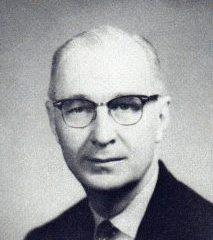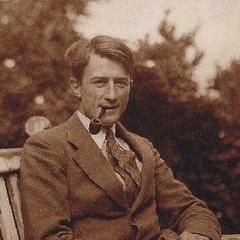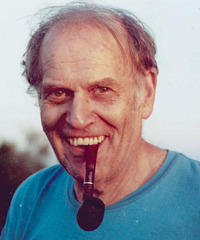Simone Weil Quotes

Letter to Joë Bousquet on April 13, 1942. "Correspondance", published by Editions l'Age d'Homme in Lausanne, p. 18, 1982.
Simone Weil (1978). “Lectures on Philosophy”, p.139, Cambridge University Press
Simone Weil (1973). “Waiting for God”
To be rooted is perhaps the most important and least recognized need of the human soul.
Simone Weil (2003). “The Need for Roots: Prelude to a Declaration of Duties Towards Mankind”, p.43, Routledge
Simone Weil (1978). “Lectures on Philosophy”, p.103, Cambridge University Press
Simone Weil (2015). “Selected Essays, 1934-1943: Historical, Political, and Moral Writings”, p.26, Wipf and Stock Publishers
Love: To feel with one's whole self the existence of another being.
Simone Weil (2015). “First and Last Notebooks: Supernatural Knowledge”, p.9, Wipf and Stock Publishers
Simone Weil (2002). “Gravity and Grace”, p.62, Psychology Press
"The Need for Roots: Prelude to a Declaration of Duties Towards Mankind".
Power ... is the supreme end for all those who have not understood.
Simone Weil (2002). “Gravity and Grace”, p.146, Psychology Press
Simone Weil (2015). “First and Last Notebooks: Supernatural Knowledge”, p.5, Wipf and Stock Publishers
Simone Weil, Janet Patricia Little (2003). “Simone Weil on Colonialism: An Ethic of the Other”, p.21, Rowman & Littlefield
It is a fault to wish to be understood before we have made ourselves clear to ourselves.
Simone Weil (2002). “Gravity and Grace”, p.66, Psychology Press
"Draft for a Statement of Human Obligation" (1943)
La Pesanteur et la Grace "Desirer sans Objet" (1948)
Simone Weil (2002). “Gravity and Grace”, p.22, Psychology Press






